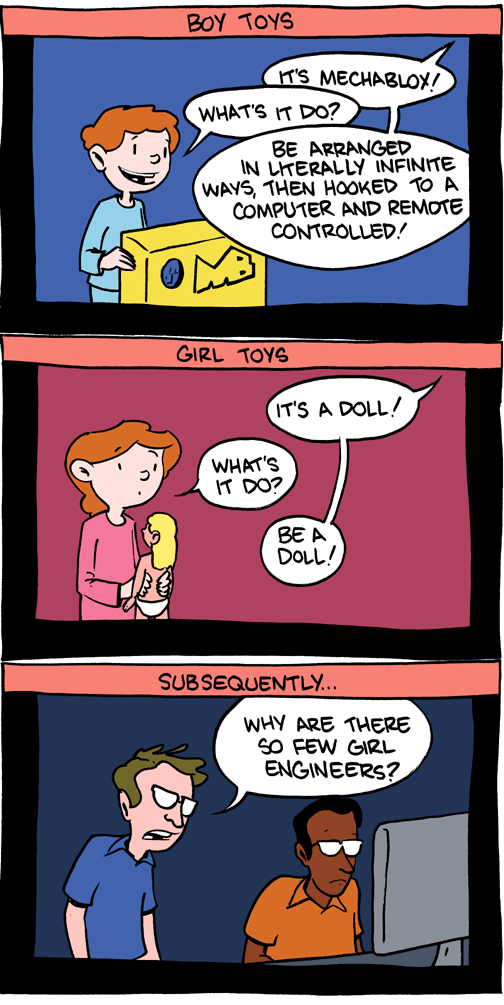“What is the life of one man worth? Millions more?”
The obvious philosophical problem in times of war, the typical ‘in the end I just valued my life over theirs’ situation that bothers everyone. The usual philosophical approach would be the evaluation of damages and benefits – the approach with the least deceased would be ethically preferred. Alas, cold logic does not heroes make – heroes are those that survive beyond reasonable odds. The ‘hero status’ also depends on who writes the history books, but generally war veterans are considered to be heroes by their native people. The attitude displayed towards them varies by culture, but they are generally respected nevertheless. For our culture, they are the ‘defenders of democracy’, ‘fighting in a foreign country so they wouldn’t have to here’ (Bush reference).
Sure, the self-sustaining instinct creates a bias about it, generally nobody wants to die so they make sure they live as long as possible. This is the excuse of ‘it had to be one of us’ or ‘he would have done the same to me’. The instinct might not be ethical, but it is very important to have. Aspirations and hopes rely on that. Moreover, the ideals of democracy or Christianity have inspired countless people to go to war to kill. The attacks tend to be unprovoked, that is to say that there is no indication that the victims would have done the same to the attackers, they were mostly harmless. And yet someone somewhere decides that the lives of thousands of people is an acceptable sacrifice in order to gain oil resources or other wealth. And thus the quotation of J. Michael Straczynski is reached:
“How many people actually belonged to the Nazi party? The Communist party? The Jihad party? A very small number. But there were always plenty of other people who were happy to do the work for them, and others afraid enough to let it happen.”
So, what is the life of a person worth? There are plenty of people willing to lay down their lives for someone else, may it be a relative, a loved one, an idol, a head of state, or someone random on the street or in the trenches. Merely trading one life for another. But what really bugs me personally is that popular media tends to teach us that it is okay to kill if it is for a good cause. There are no more MacGyver-ish shows where the person saving lives does not resort to lethal violence. Nowadays even the pacifist heroes either become not-so-peaceful or have a gun-toting madman or madwoman to do their bidding. Now it seems that the American motto ‘shoot first and ask questions later’ is spreading through popular culture. No wonder punks and highly educated people are criticizing the butchering.
So, should military conflict be solved by tactics and uncontrolled bloodshed as it is now or perhaps there is a mathematical side to it? For that we would need to know how much the life of a person is worth. And for each person the price is different. But for that we have terrorists and kidnappers – as long as we are willing to pay to keep someone alive, the price of the life has not been reached.
Now please give your opinions for only thus further explanation and synthesis is possible.
